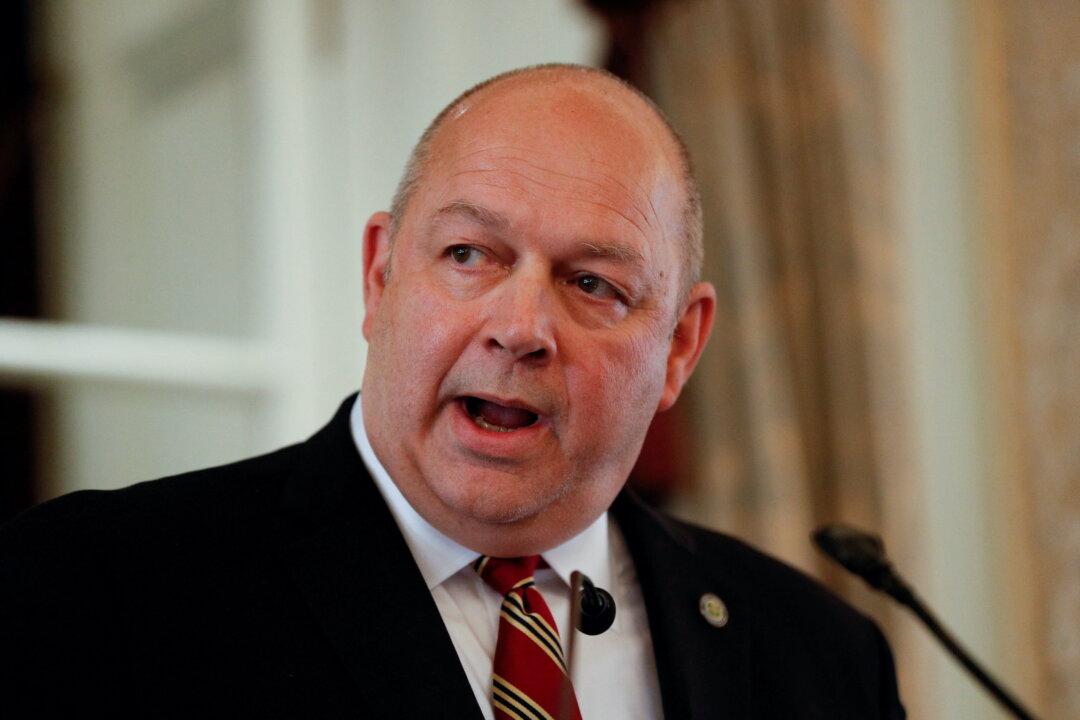WASHINGTON/SEATTLE—The head of the Federal Aviation Administration who oversaw the return of the Boeing 737 MAX after two crashes grounded the plane, and the agency’s zero tolerance toward unruly passengers, will resign on March 31, the agency said on Wednesday.
FAA Administrator Steve Dickson, who took over in August 2019, has faced criticism over the standoff between aviation and telecommunications industries over the deployment of the 5G wireless spectrum.





